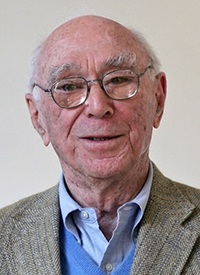Over the last year, we have witnessed a dramatic spike in authoritarian discourses, experienced the continuous degradation of public institutions, and seen a steady rise in vitriol against non-dominant populations across the globe. The institutionalization of anti-intellectual ideologies has many wondering about the impact on learning and educational outcomes. Scholars working from a sociocultural and critical perspective are wondering: does Vygotsky still matter? Or better yet, how does he matter? Over the last four decades, Vygotsky’s theories (and that of his colleagues) have become some of the most utilized frameworks for innovations in education in formal and informal settings. In that time, Vygotsky’s original work has given birth to a wide range of theories and practices, including Socio-Cultural, Cultural-Historical, Activity, and related critical and post-modern approaches, all of which are represented by the Cultural-Historical Research SIG.
The CHR SIG of AERA is therefore calling for proposals for the 2018 Annual Meeting that represent the breadth and relevance of Vygotskian, Socio-Cultural, Activity and related theory, research and practice for education in the 21st century. We are particularly seeking proposals that represent:
· The diversity of approaches that fall under the umbrella of CHR, including, socio-cultural, Marxist, activity, and arts-based and postmodern approaches.
· The role of language and linguistics in Vygotskian inspired theories of learning and development.
· The relevance of Vygotsky for innovations in education that offer creative responses to the ongoing education “crisis” in the US and around the world
· The range of methodologies that utilize CH approaches, including mixed methods, action research, arts based research, and performance studies.
· The diversity of fields and settings in which CH theory is used and to which it is applicable (i.e. early childhood, outside of school, STEM learning, literacy, adult learning, ELL).
· Proposals that explore the past, present and future of CH approaches.
· Proposals that address the intersections of CH theories with critical theories that include, for example, focus on relations of power, activities that create the “Other,” and sources of oppression.
